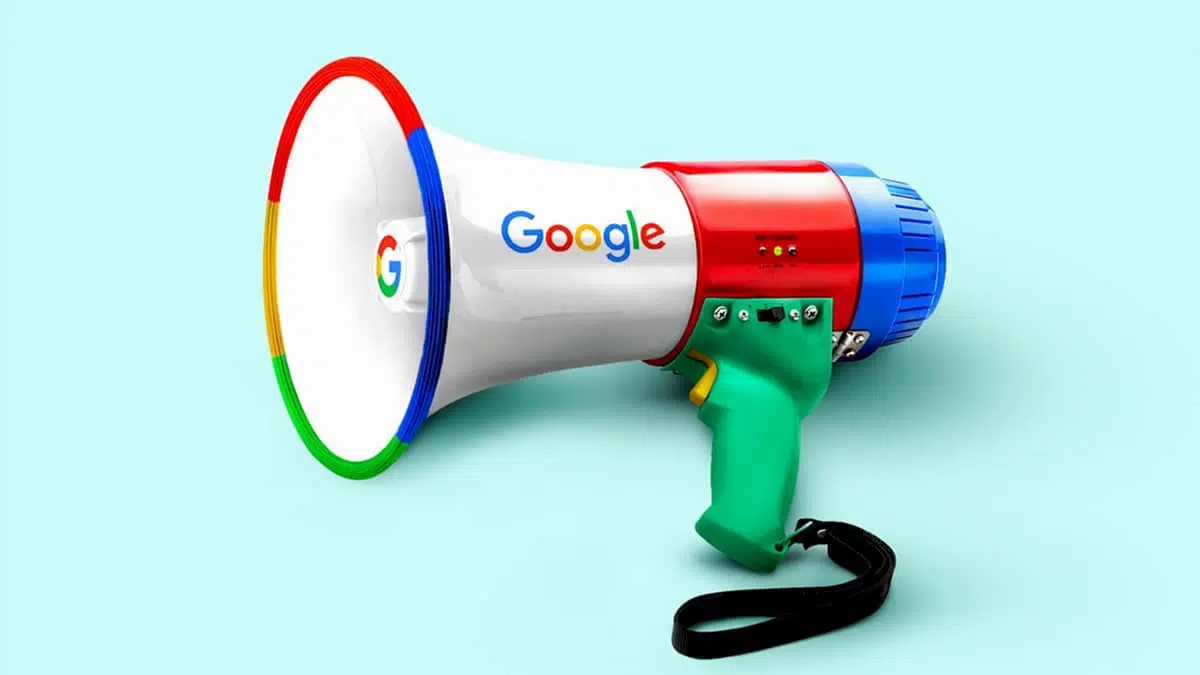Understandably, businesses of all sizes are reassessing their digital marketing strategy and budgets in light of the uncertain economic situation. However, companies that are able to invest in digital marketing and boost their local search engine optimisation will reap the benefits of planning for the future, rather than applying the emergency brake to their marketing efforts.
Figures from the Office of National Statistics show that online shopping as a proportion of all retail reached a record high of 30.7 percent in April, while Nielsen data shows that UK online sales surged by more than 100 percent in May. These figures suggest that COVID-19 will have lasting consequences for the increase in e-commerce that small businesses in particular need to be prepared for. There are several cost-effective solutions for small businesses on limited budgets to boost their local search engine optimisation and drive traffic to their websites.
Google My Business
Google My Business is an invaluable free marketing tool for local businesses with functions that are often overlooked. The first step is to claim your business listing. This is simple, quick, and allows online users to find your business information more easily. By claiming your listing and taking ownership of your profile, Google will have more of your business information on record. This means it will be more likely to show you as a search result, you will appear when customers search using Google Maps, and you can control what information is shown about your business.
It allows the use of holiday hours to display revised opening times during the pandemic, and the posts facility lets you write social media style posts that show up prominently in mobile searches. In addition, by checking your reviews regularly and replying to them, prospective customers can see that you are responsive and care that they took the time to comment. This is a free method of increasing your online profile in the local area.
Google Analytics and E-Commerce
In addition, searches for ‘buy online’ drastically increased around the world in March, rocketing from 15,000 at the start of the year to over 27,000. So this is the ideal opportunity to ask fundamental questions about your website. Have you made the move towards e-commerce? This is a vital way of ensuring that customers can still engage with your products or services.
With platforms such as WordPress, e-commerce integration is straightforward to implement. Furthermore, is your website being effectively indexed by search engines? Are there areas to focus on to improve your search engine ranking position? Is your website fast enough to provide a good user experience? These questions can be answered by using Google Analytics. This is another free tool that enables users to discover what keywords users are searching for. It also identifies what pages your site visitors are using most.
As with all Google products, free and accessible training is available for those of all knowledge levels. A recent report by Conductor found that 63 percent of marketers predict search engine optimisation will become more important during this time; therefore local search engine optimisation is vital as a low-cost solution to boosting your website for the keywords that matter to your audience.
Targeted messaging and data gathering
Above all, effective digital marketing is founded on data. The more data you have on your audience’s preferences, the better you can connect with them. Apply data-driven insights gathered from internal sources such as point of sale, customer relations management systems, loyalty schemes, and supply chains. Consumer spending energy may be low at the moment, but the public are still expecting products and services that cater for their needs. As a result, they are receptive to messaging from brands that will help fulfil these needs and pass the time. 74 percent of brands surveyed in a poll by Influencer Marketing Hub are currently posting less on their company social accounts, which runs the risk of losing out on opportunities to engage with consumers while many brick-and-mortar shops are closed.
Social media
Social media campaigns also provide a platform for promoting your business through encouraging likes, shares and clicks. According to Kantar, social media engagement increased by 61 percent from the average usage rate during lockdown. Both business to customer and business to business enterprises can share their content to inspire, educate, and build trust. 65 percent of consumers feel a brand is more trustworthy immediately after they read a piece of educational content from that brand. However, there is a difference between keeping customers engaged and bombarding them. For example, use emails with caution, as many consumers are getting frustrated with the flood of coronavirus news and updates from businesses clogging up their inbox.
In summary, when considering an investment in digital marketing, focus on your customers’ experience. Utilise multiple low-cost channels with high returns, and write with brevity and authenticity.
This Marketing Matters article originally appeared in Suffolk Free Press.
